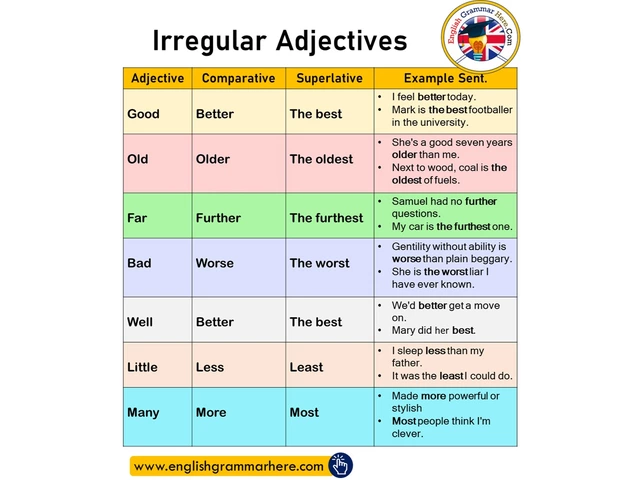Allergy treatment: Practical options and when to see a doctor
Allergies can hit fast and ruin your day — sneezing, itchy eyes, blocked nose, or worse. The good news: most symptoms are manageable with a few targeted steps. This page breaks down the simplest, safest options so you can feel better faster.
Quick guide to medicines that work
Start with avoidance. Reducing exposure to pollen, dust mites, pet dander, or mold often cuts symptoms by half. Use HEPA filters, wash bedding in hot water weekly, and keep windows closed on high-pollen days.
Antihistamines ease sneezing, itching, and hives. Pick a second‑generation option like cetirizine (Zyrtec) or loratadine (Claritin) for minimal drowsiness. If sleepiness is a problem, try low-dose at night or switch brands under your doctor's advice.
Nasal steroid sprays are the best single treatment for chronic nasal symptoms. Fluticasone (Flonase) and budesonide reduce congestion and runny nose when used daily. They take a few days to reach full effect, so be patient for results.
Short courses of oral decongestants help blocked noses but can raise blood pressure and cause jitteriness. Use for only a few days and avoid if you have high blood pressure or certain heart conditions.
For itchy, red eyes use antihistamine eye drops. For skin rashes, topical steroid creams for a few days can calm flare-ups. Leukotriene blockers like montelukast work for some people with nasal symptoms plus asthma, but discuss risks and benefits with your clinician.
Severe allergic reactions (anaphylaxis) need immediate epinephrine. If you’ve had throat tightness, wheeze, low blood pressure or rapid swelling after exposure, get an EpiPen prescription and emergency care plans.
Practical tips: testing, long-term fixes, and where to buy
Not sure what triggers you? Ask for allergy testing. Skin prick or blood tests point to specific allergens and let you target avoidance or treatment. If meds don’t control symptoms, immunotherapy (allergy shots or sublingual tablets) can reduce sensitivity long-term over months to years.
If you want to save on meds, compare prices at licensed Mexican pharmacies and look for reputable discount programs. Carry a prescription when required, check expiry dates, and avoid sites that don’t show pharmacy credentials. For controlled drugs and injectables, always verify the pharmacy’s license.
Children, pregnant people, and those with heart problems need tailored choices — talk to a clinician before starting new medicines. Keep an up-to-date action plan for asthma or anaphylaxis and review it yearly.
Want quick relief today? Start a non-drowsy antihistamine and a steroid nasal spray, limit exposure to known triggers, and contact your doctor if symptoms are severe, persistent, or affecting sleep and daily life.






